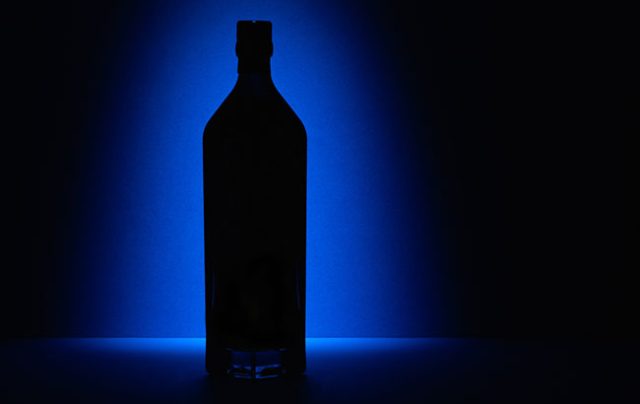MSPs urge Nicola Sturgeon to pause ‘reckless’ DRS
Two members of the Scottish parliament (MSP) have urged first minister Nicola Sturgeon to pause the “reckless” bottle deposit return scheme (DRS).

Scotland is set to become the first country in the UK to implement a DRS on 16 August this year. The initiative will see consumers pay a 20p deposit when buying a drink in a single-use container made from polyethylene terephthalate, glass, steel or aluminium, sized between 50ml and three litres.
The 20p deposit will be refunded by the drink’s producer when the container is returned for recycling at one of 30,000-plus return sites.
A cross-party group, including former Scottish rural economy secretary Fergus Ewing and MSP Christine Grahame, wrote to the first minister about “extensive and wide-ranging concerns” about the scheme. The letter was signed by seven members of the Scottish National Party (SNP).
Their letter stated that given the “number and gravity of the defects identified by both the review and by industry, that it would be reckless for the Scottish government to proceed with the scheme’s introduction in August this year”.
In response to this, trade body Scottish Hospitality tweeted: “Even members of the current government [are] coming out to support a pause in the Deposit Return Scheme world.”
In addition, Whisky Day founder Blair Bowman tagged Scottish Greens MSP and circular economy minister Lorna Slater in a tweet, writing: “We deserve better than this. What you have served up is half-baked and just not good enough.
“Do the right thing and delay DRS. Listen to the industry shouting at you who genuinely want to make this work. Then launch a UK wide DRS successfully.”
Bowman went on to tweet: “In the last few days I’ve been contacted by: a brewer that has been made redundant because of DRS; [and] a small distillery that has let their team go and is starting winding up process because of DRS. The damage has started @lornaslater. A DRS that ruins business is unacceptable.”
Plan ‘not fit for purpose’
MSP for North East Scotland Region Maurice Golden also shared concerns on Scottish breakfast radio programme Good Morning Scotland on 15 February.
He said: “The critical point is that businesses need about a year. That’s a stretching target when they have the information available to make them compliant with the scheme, and with six months to go we don’t have that.
“That is the key point in all this. If you think about it, if you’ve got to put in planning permission for storage facilities, if you want to buy a reverse vending machine, how on earth can you do that in six months when you don’t know if that will be compliant?
“You could be investing £100,000 as a small business on a reverse vending machine and you don’t know whether that will be compliant with the scheme. And therefore you could face fines.”
Golden shared the soundbite on Twitter, writing: “We all want the scheme to succeed. But the current plan isn’t fit for purpose and risks small businesses. It must be paused and reviewed.”
The scheme was recently suggested to be risking thousands of businesses, as trade associations urged a ‘grace period’ to ‘save thousands of small producers’.
Consultation only included two hospitality firms
The Scottish government’s published assessment for the DRS revealed that only two of 12 businesses consulted were hospitality-based.
The Scottish government’s publication A Deposit Return Scheme for Scotland: Final Business Regulatory Impact Assessment, posted on www.gov.scot, features a table presenting the businesses consulted for views on the proposed DRS.
Of the 12 businesses involved, which includes a packager and trade bodies, two hospitality businesses feature: Costa Coffee and Crieff Hydro Hotel.
Drinks-based companies consulted include The Coca Cola Company, Costa Coffee, and Highland Spring Group. One industry trade body, the Scotch Whisky Association, was consulted.
Related news
Scottish brewer seeks £250,000 to ramp up distilling
